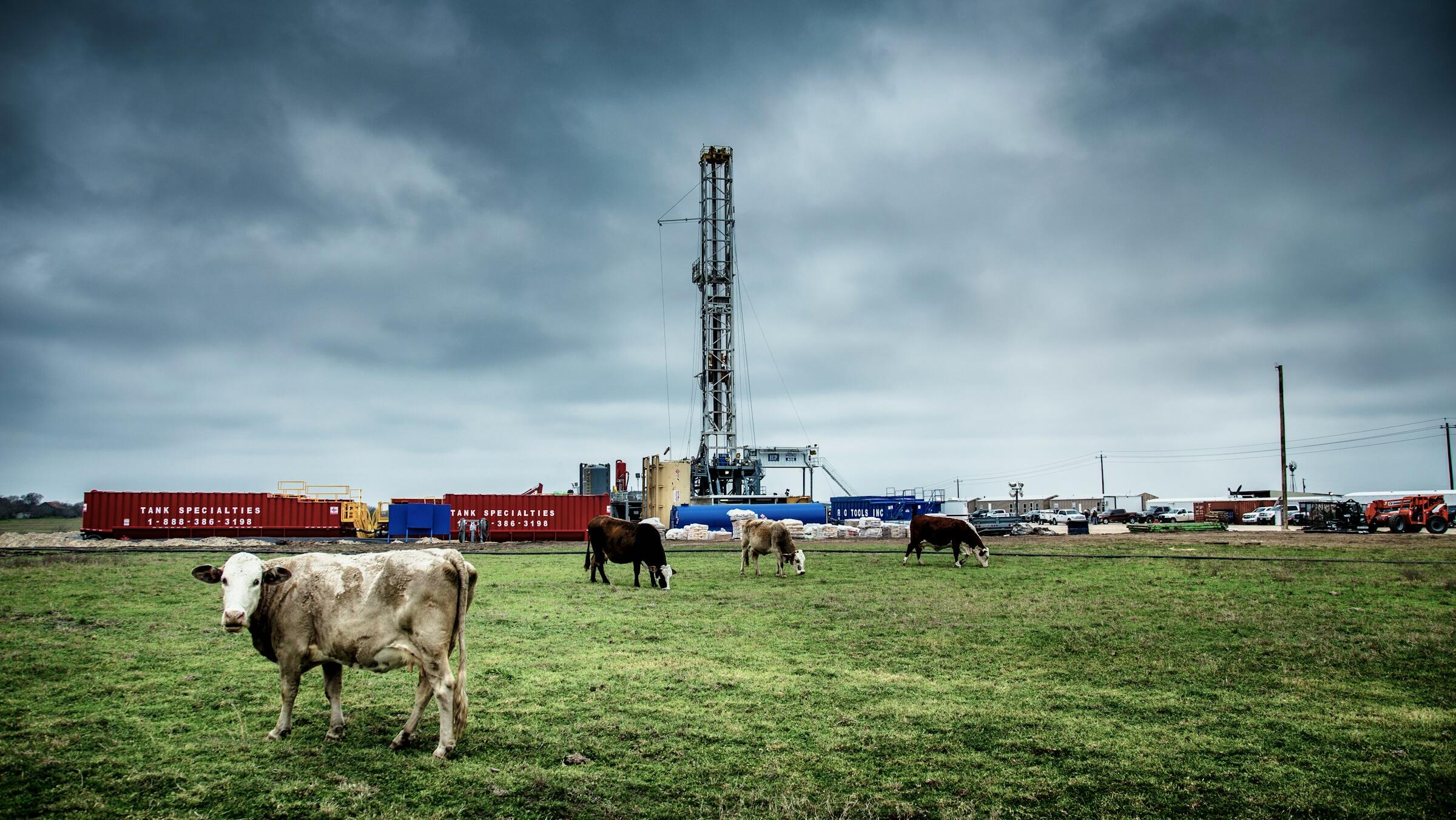Oil prices traded higher during Asian trade on Monday following a sharp surge last Friday, as renewed strikes between Israel and Iran deepened concerns about a wider regional conflict that could significantly impact oil exports from the Middle East.
At 3:15 pm AEST (5:15 am GMT) Brent crude futures rose $0.67 or 0.9% to US$74.92 per barrel, while U.S. West Texas Intermediate (WTI) crude climbed $0.84 or 1.2% to $73.82.
The latest surge came as Iranian missiles struck Israel’s Tel Aviv and the port city of Haifa on Monday, destroying homes and stoking fears among world leaders attending the G7 summit that the conflict could spread across the region.
Attention has turned to the Strait of Hormuz, a vital global oil shipping lane. Roughly 18 to 19 million barrels per day, about one-fifth of the world’s oil consumption, pass through the strait, raising fears that escalating violence could severely disrupt flow.
Analysts at ANZ highlighted the risk of further escalation: "Israel’s initial attack on Iran appeared to be targeting its nuclear program. However, its intentions appear to be much broader after it hit Iran’s energy infrastructure. Israeli missiles struck a natural gas processing facility linked to Iran’s giant South Pars field."
They added, “Iran doesn’t export meaningful volumes of natural gas. It has no LNG export facilities and only exports small volumes of gas through a pipeline via Turkey. Iran’s natural gas production is essentially for domestic consumption.”
Analysts warned that the situation could become more severe. “This move raises the prospect that Israel may target Iran’s oil infrastructure. Iran’s oil output has risen to 3.3 million barrels per day, a six-and-a-half-year high. Ship tracking data show Iran’s exports of crude oil have been 1.5–1.8 million barrels per day over the past 18 months.”
German Chancellor Friedrich Merz said he hoped the G7 meeting in Canada would result in a coordinated effort to de-escalate the crisis.



